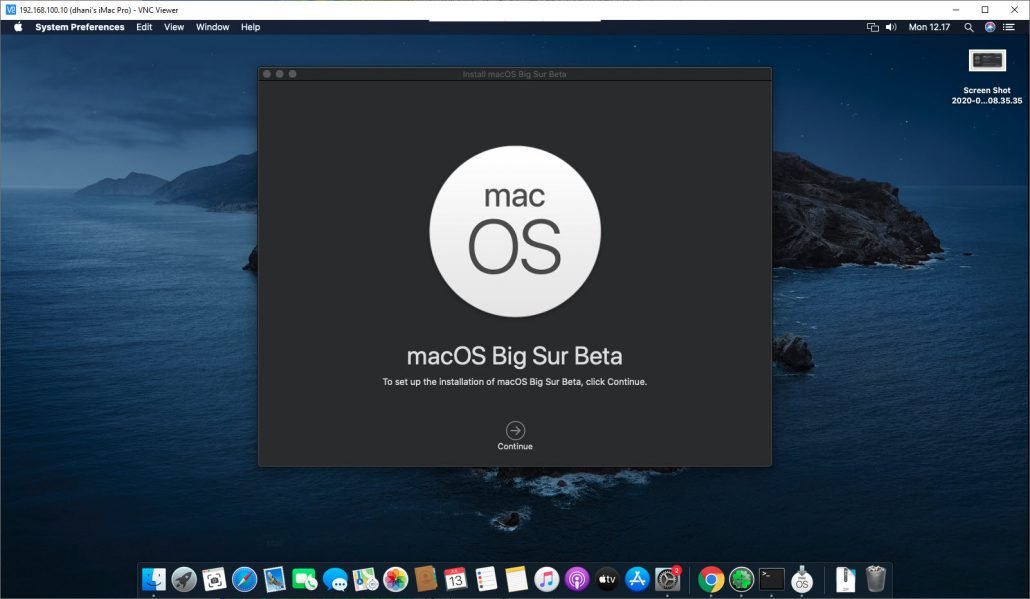Install Docker On Rhel 8
- Install Docker Ee On Redhat 8
- Install Docker-compose On Rhel 8
- How To Install Docker On Rhel 8
- Install Docker On Rhel 8.3
- Setup Docker On Rhel 8
Install PHP 8 for Apache Install PHP 8.0 for Nginx. If you are using Nginx in your development stack, consider installing php-fpm as shown. $ sudo dnf install php php-cli php-common php-fpm Step 3: Verify PHP 8.0 on CentOS/RHEL. There are two ways that you can use to verify the PHP version. On command-line, issue the command. How do I install and setup PostgreSQL on RHEL 8 (Red Hat Enterprise Linux) server using application streams? Introduction: PostgreSQL is a free and open source ORDBMS ( object-relational database management system). It is the world’s most advanced open source database. This page shows how to install PostgreSQL on RHEL 8 and configure other. This tutorial provides a starting point on how to install Docker, create and run Docker containers on CentOS/RHEL 8/7, but barely scratches the surface of Docker. Step 1: Install and Configure Docker. Earlier versions of Docker were called docker or docker-engine, if you have these installed, you must uninstall them before installing a newer. The steps shared here are for the installation of Docker CE on RHEL 7 Linux. Docker is the main dominant container runtime engine used for Development and running of micro-serviced applications in production. Install Docker CE on CentOS 8 Option 1: Skip Packages with Broken Dependencies An efficient solution is to allow your CentOS 8 system to install the version that meets the criteria best, using the -nobest command.
Install Docker Ee On Redhat 8
PHP is a popular open-source server-side scripting language that is integral in developing dynamic webpages. PHP 8.0 is finally out and was released on November 26th, 2020. It promises lots of improvements and optimizations which are set to streamline how developers write and interact with PHP code.
In this guide, you will learn how to install PHP 8.0 on CentOS 8/7 and RHEL 8/7.
Step 1: Enable EPEL and Remi Repository on CentOS/RHEL
Right off the bat, you need to enable the EPEL repository on your system. EPEL, short for Extra Packages for Enterprise Linux, is an effort from the Fedora team that provides a set of additional packages that are not present by default on RHEL & CentOS.
Remi repository is a third-party repository that provides a wide range of PHP versions for RedHat Enterprise Linux. To install the Remi repository, run the command:
Step 2: Install PHP 8 on CentOS/RHEL

Once the installation is complete, proceed and list the available php module streams as shown:
Right at the bottom, be sure to notice the remi-8.0 php module.
We need to enable this module before installing PHP 8.0. To enable php:remi-8.0, execute:
Once enabled, install PHP 8.0 for Apache or Nginx web server as shown:
Install PHP 8.0 for Apache
Install Docker-compose On Rhel 8
To install PHP 8 on the installed Apache web server, run:
Install PHP 8.0 for Nginx
If you are using Nginx in your development stack, consider installing php-fpm as shown.


Step 3: Verify PHP 8.0 on CentOS/RHEL
There are two ways that you can use to verify the PHP version. On command-line, issue the command.
Additionally, you can create a sample php file in the /var/www/html folder as shown:
Then add the following PHP code which will populate the version of PHP alongside installed modules.
Save and exit. Be sure to restart the Apache or Nginx web server as shown.
Next, head over to your browser and go to the address shown:
How To Install Docker On Rhel 8
The webpage displays a wealth of information regarding the version of PHP installed such as build date, build system, Architecture, and a host of PHP extensions.
Step 3: Install PHP 8.0 Extensions in CentOS/RHEL
PHP extensions are libraries that provide added functionality to PHP. To install a php extension, use the syntax:
For example, to enable PHP to seamlessly work with MySQL, you can install the MySQL extension as shown.
Install Docker On Rhel 8.3
Finally, you can verify the installed extensions using the command:
To verify if a specific extension is installed, execute:
For example:
Setup Docker On Rhel 8
In the end, we hope that you can now comfortably install PHP 8.0 alongside various php extensions on CentOS/RHEL 8/7.

